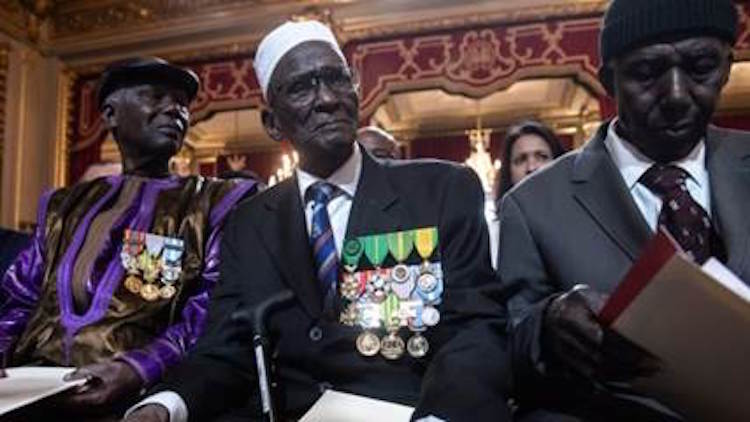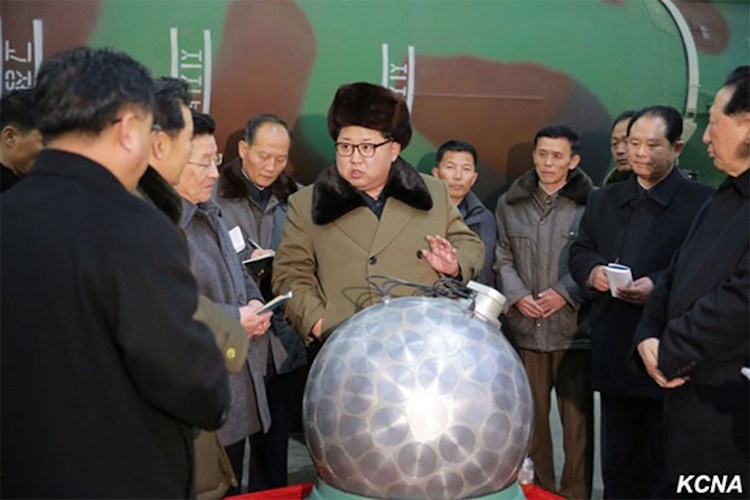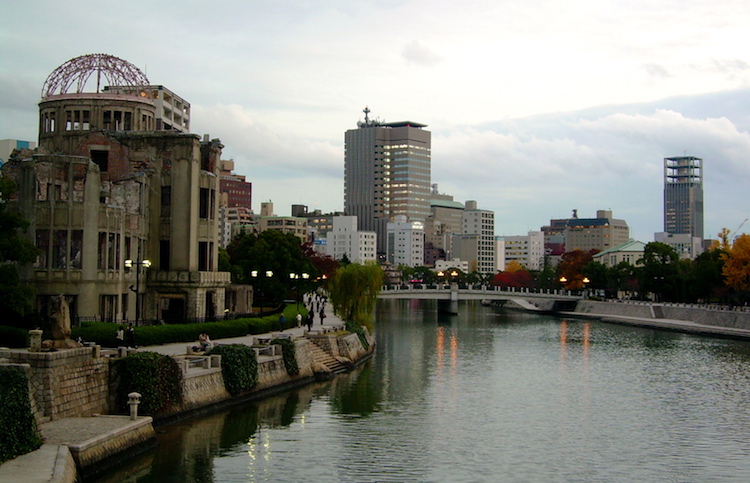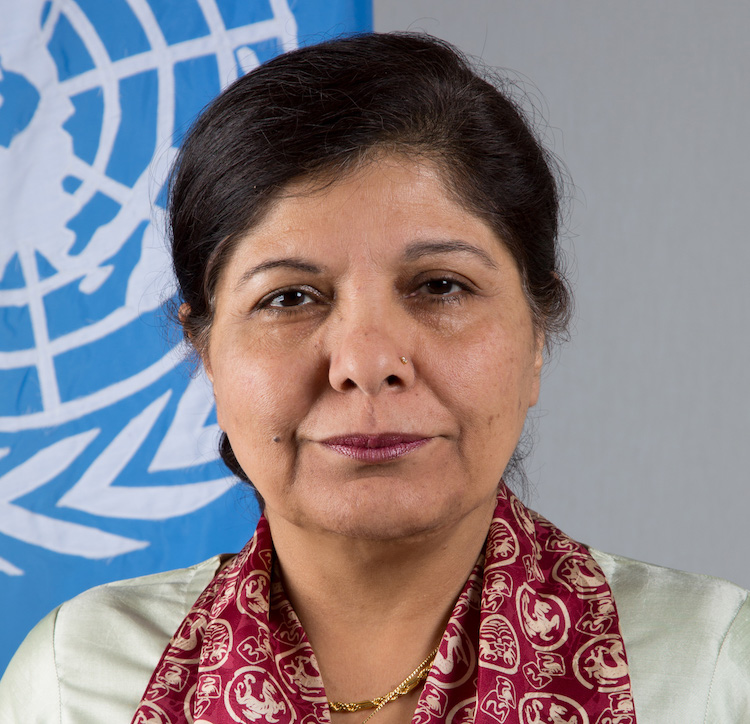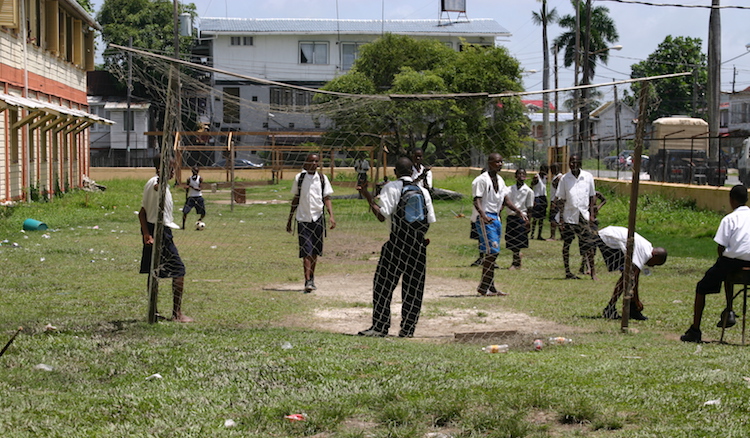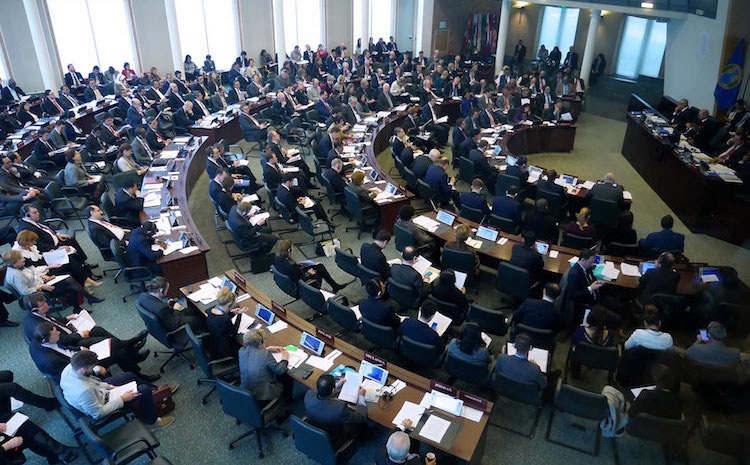By Global Information Network
NEW YORK | PARIS (IDN) – Fifty years after over a million Africans fought and thousands died for France during the ferocious battles against the Hitler regime in World War II (1939-1945), French President Francois Hollande has given citizenship and full pensions to African survivors of that war and other conflicts.
In a ceremony at the Elysee Palace in Paris on April 18, the veterans – aged between 79 and 90 – received their new certificates of citizenship. Hollande said France owed them “a debt of blood”.
“France is proud to welcome you, just as you were proud to carry its flag, the flag of freedom,” the President told a group of 28 surviving vets.

